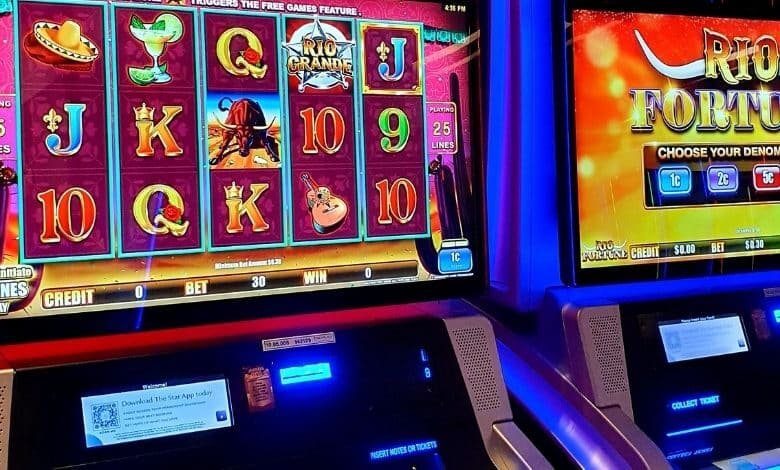Remote Authentication for Cashless Casino Betting Accounts Is Approved in Nevada

This content has been archived. It may no longer be relevant
After the state’s Gaming Commission voted to approve an amendment presented by Sightline Payments on Thursday, Nevada casino guests will be able to create, verify, and maintain their cashless wagering accounts remotely.
Despite their reservations regarding the need for remote registration, commissioners recognized the difficulties of greater technological use and contactless payments.
Gaming Commissioner Ben Kieckhefer remarked, as published by The Nevada Independent that they balance the requirement for extreme authenticity in some of these processes with the continual need to stay updated in their technological offers to users as they come into their state and sites. He believes this is a step in the right direction to enable whatever the player wants while retaining integrity.
Casino customers can now use an app to register their details, start a cashless gaming account, and finish the login procedure online, including ID verification. According to the regulation, to complete the account set-up process, the customer would have to provide the government-issued identification document on entering the casino.
Before this regulation change, customers who used cashless gaming at Nevada casinos had to verify their identity with a staff member physically. According to Sightline Payments, this led to long waits and an unsatisfactory user experience.
In an official press release, the business noted that its idea, which has now become a reality, “only affects the formation of casino wagering accounts and will not disrupt current methods for generating sports betting accounts in Nevada.
According to Sightline co-CEO Omer Sattar, the two-step procedure for remote authentication gives better safety for registering the account.
Sattar also indicated that the remote registration process, which will follow all federal anti-money laundering regulators’ KYC criteria, will be up and operating by March.
We believe the system is not only safer and more secure, but it also makes it easier for the great majority of consumers in Nevada to test real cashless chains.
In late 2020, Sightline filed a petition to change Nevada regulations for casino wagering accounts to allow cashless gaming. Following the successful introduction of cashless gaming at Boyd Gaming’s Aliante Casino in North Las Vegas and Resorts World Las Vegas, the company reapplied in September 2021.
In November and December 2021, the Nevada Gaming Commission held two workshops that led to the acceptance of the regulatory modification. Following its June 2020 decision to allow cashless gaming within Nevada casinos, regulators have continued to implement changes promoting cashless gaming innovation.
In December, an attorney for Station Casinos claimed that language coupling a government-issued ID with remote verification was a proper technique to avoid any breach of federal anti-money laundering regulations, removing a potential obstacle to the regulatory change.
After analyzing processes devised by federal anti-money laundering regulators, Deputy Attorney General Michael Somps declared in December that he could not identify any violation of federal law.
Sattar said that the Nevada Gaming Commission’s overwhelming support for this regulation reform is greatly appreciated. To keep Nevada at the forefront of gaming, they need to keep innovating, and they couldn’t do it without the help of our regulators. He expressed his gratitude to the Nevada Gaming Commission and Nevada Gaming Control Board for their efforts, especially Gaming Control Board Member Phil Katsaros, who was a driving force behind the reform.
Sightline’s Chief Legal Officer, Jennifer Carleton, noted that this transition to allow for online identity verification for gambling accounts enables Nevada’s gaming business to employ best practices from across the financial sector to better user security and experience. Nevada’s new rule follows federal advice, allowing new verification methods like knowledge-based authentication and standard documentary measures like a user’s passport or driver’s license. They are excited to collaborate with gaming regulators across the nation to promote such regulatory innovation.





